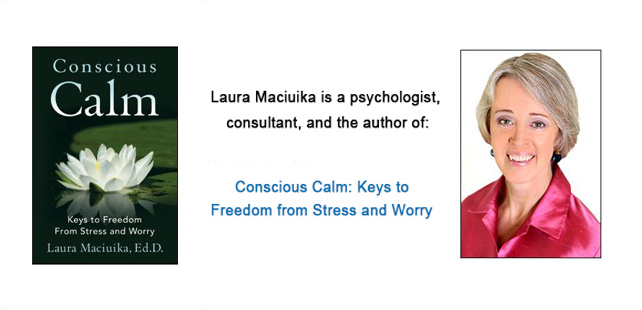 When you are stressed and on overload, it’s good to have tools that help you fast with stress management. For many people, EFT (Emotional Freedom Techniques) is one of those tools.
When you are stressed and on overload, it’s good to have tools that help you fast with stress management. For many people, EFT (Emotional Freedom Techniques) is one of those tools.
The popularity of EFT has been growing world-wide since the ’90’s, and for good reason. This energy psychology technique is easy to learn. People can use it themselves without relying on a practitioner. And there are research studies and lots of anecdotal evidence that suggests EFT can be helpful and sometimes astonishingly effective across a range of emotional challenges and symptoms. I have found it can help with stress breathing quickly, and helps bring people back to present time from too much stressful past and future thinking. It can serve as a master tool for stress relief.
While EFT has been showing up in clinician’s private practices (like mine; I’ve integrated EFT into my work with clients since 1999), and in a range of wellness and integrative medicine settings, there is still a call for more research on EFT’s effectiveness. While research studies continue to be completed, it’s an interesting story of when and why those studies are not even accepted for consideration in some mainstream journals, even when authors had research articles accepted in the past. That complex story is described well here in an article exploring some consequences of Obamacare on energy psychology.
Recently,there was a breakthrough in research on EFT and stress symptoms. This new study included randomized, controlled trials. It examined changes in cortisol levels, which are often higher when under stress, or with anxiety and depression.
83 people were randomly assigned to one of three groups: a 1 hour session of supportive psychotherapy; a 1 hour session of EFT, or no treatment. Participants’ current psychological states were assessed. The participants’ cortisol levels were measured just before the sessions, and 30 minutes after the intervention. Of the three treatment groups, only the EFT group showed statistically significant drops in cortisol levels, which also went along with the participants’ reported drops in stressful psychological states. Details of the study are found here . The study is to be published in the Journal of Nervous and Mental Disease.
This study suggests strong evidence of the changes, both physical and emotional, that EFT can provide. It’s an impressive intervention that provides both physiological change and experiential relief in just one session. In my experience working with people experiencing high or chronic stress, EFT can be an ever-ready tool for stress relief, since you can always take a break and do a little tapping.
Laura Maciuika has used EFT in her Integrative Psychotherapy practice since 1999, and highlights EFT as a stress-busting tool in her upcoming book, Conscious Calm: Keys to Freedom From Stress and Worry. www.consciouscalm.com


